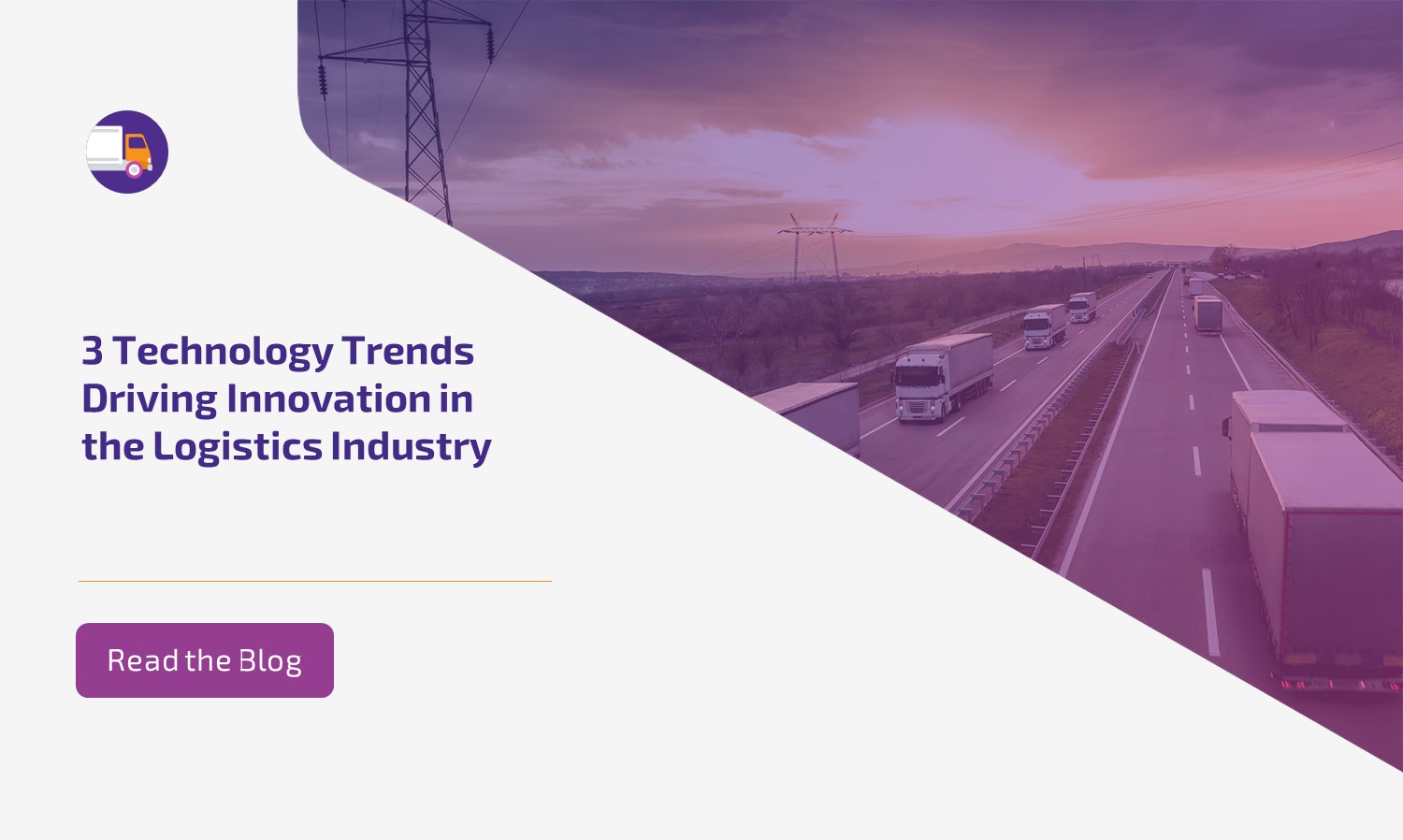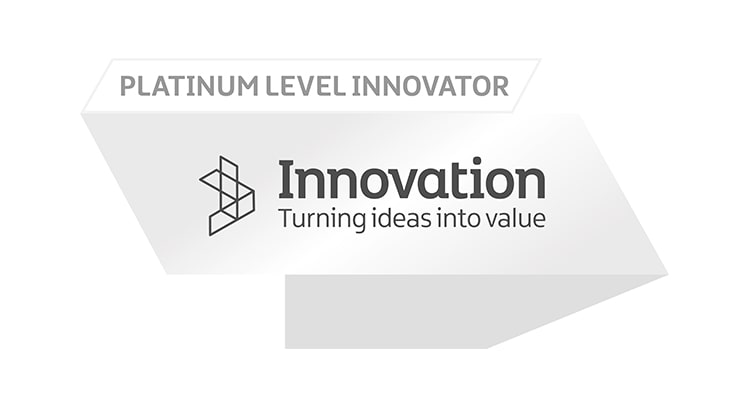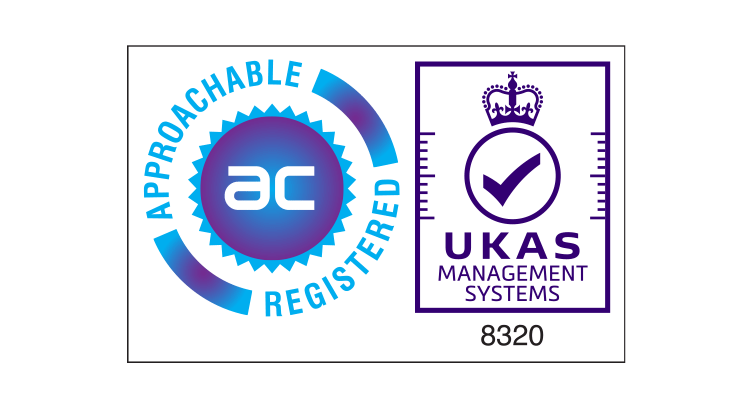The logistics industry is a huge market, estimated to be worth $4 trillion worldwide. From fleet management to the collection and delivery of goods to cargo shipments, the sector plays a significant role in our economy and everyday lives. However, the industry faces various challenges such as the need to remain compliant and to consistently deliver a quality customer service with customer expectations continuing to evolve. Furthermore, reducing operational costs is a concern for logistics organisations as well as the ability to automate and optimise processes. Additionally, in today’s digital world, the logistics industry is also being driven by advances in technology innovations and adopting a technology strategy is imperative.
So, how is technology important in the logistics industry and what will it help achieve? In our latest blog, we take a look at some of the solutions that are driving innovation within the sector and how they can be of benefit.
- Automation
Within the logistics supply chain, a significant amount of workload is manual based and labour intensive whether it’s within stock logistics, warehousing or distribution services. However, with the implementation of partially or fully automated processes such as the introduction of new software solutions, machinery or control systems, services are optimised. From last mile delivery to warehousing or optimised route planning your organisation can benefit from improved accuracy of drivers’ whereabouts, a reduction in manual mistakes and an increase in productivity, saving on time and costs and ultimately enhancing customer satisfaction.
Advances in data processing and access to real time business insights also allows tasks which were once thought of as complex and time consuming to be automated. Additionally, other technologies are enabling drivers to be more efficient for example, Vehicle Management Booking System’s allow organisations to gain full visibility of suppliers, subcontractors and their own vehicle fleets. Another example includes the addition of Inventory Management Systems, allowing organisations to manage and monitor delivery bookings and analyse the status and location of vehicles and inventory in real-time.
- IoT
Nowadays, logistics organisations are under pressure to deliver items on time, effectively carry out vehicle inspections and provide efficient inventory management. IoT and the use of sensors combined with mobile technology helps to monitor facilities and assets, capturing accurate data during service delivery and therefore allowing for a more responsive and planned approach to drive service improvements. IoT can help logistics organisations to strengthen security within the workplace such as asset tracking of deliveries, monitoring who enters a warehouse or via CCTV powered security applications. Furthermore, sensors can enhance employee safety through the detection of faulty equipment for example. Sensors can trigger a job which can be created if a problem is detected and allows organisations to demonstrate the steps taken to maintain standards.
IoT also effectively enables organisations to enhance and improve customer service. By increasing the visibility of deliveries and providing customers with real time updates such as tracking of goods or vehicles during fleet management, services are delivered efficiently, and customer confidence is improved.
By gaining insight into the data collected from sensors, businesses have transparency over all operational processes, ensuring a holistic approach to IoT in logistics.
- AI
Implementing Artificial Intelligence (AI) within the logistics industry helps assist and predict a demand in services or products. For example, the use case of the automated warehouse where AI can collect and analyse data during inventory management to help organisations select the items in demand and deliver them to regional warehouses – saving on transportation costs and improving efficiencies.
Utilising automated dynamic scheduling and AI within fleet management and the automotive sectors helps to effectively plan, coordinate and manage the activities of the workforce. This allows for effective delivery of planning and compiling schedules as well as streamlining processes.
Totalmobile in the Logistics Industry
Totalmobile are at the forefront of creating and delivering innovative and effective solutions for the logistics sector. We provide mobile solutions to GPS track and monitor the progress, collection and delivery of goods safely and efficiently. Whether it is automotive collection, appraisal and delivery through to the complex world of cash movement/ audit, or coordinating fleet management activities, our innovative solutions can be configured to your exact requirements. Some of our customers include G4S, BCA and Europcar. For further information, download our brochure or contact us.







